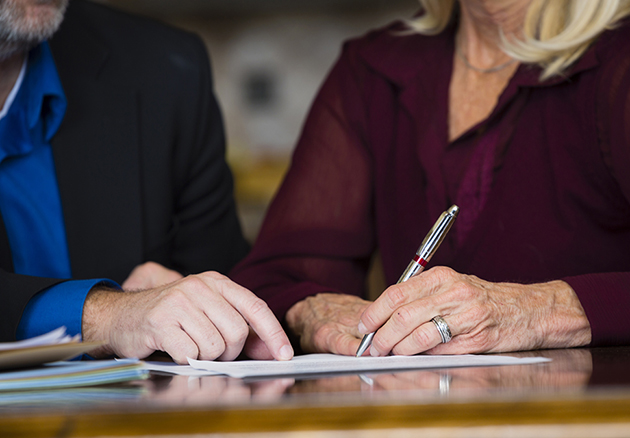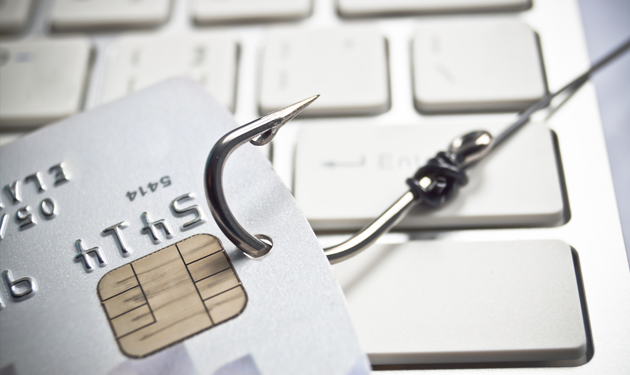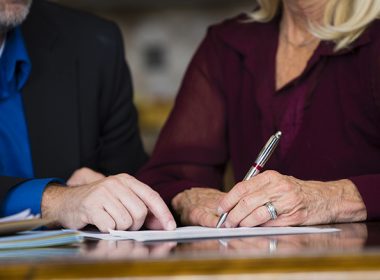
Social media is flooded with examples of kind souls willing to go out of their way to help others during the COVID-19 public health crisis.
Facebook sites such as the Kindness Pandemic are filled with examples of people whose faith in humanity has been restored as a result of the compassion shown by others.
While some Australians are offering tangible assistance by doing voluntary grocery runs, offering wellness checks, driving their neighbours to medical appointments or handing out cash, others are using their vocal talents, creative imagination or senses of humour to help shine light in a time of darkness.
Sadly however it is also a fact of life that for every example of selflessness there is an equal amount of dastardly acts where opportunists have sought to take advantage of the situation for personal gain.
In recent weeks we’ve all seen examples where people have been gauged at the checkout for the few supplies of facemasks or hand sanitisers still in existence.
More recently stories – such as the case where the Australian strata block that was forced to appoint a designated resident to spend his day manning the common area after parcels delivered by courier drivers in the wake of the coronavirus mysteriously disappeared – have begun to emerge.
But with government restrictions forcing more and more of us to work and study from home, its online where the bite of such scams is really starting to impact.
So bad is the problem that on Friday 27 March, Australia’s cyber security body announced it was updating its threat advice in an effort to stop hackers using the pandemic to send fake emails and texts to infect computers with malware and steal user information.
And it seems none of us are immune.
According to reports from metropolitan newspapers, there is also growing concern from cyber experts about work-from-home arrangements giving cyber criminals the opportunity to access the computer networks of government departments and large companies.
The coronavirus emails and text messages are offering advice and information on detection which are embedded with malicious links or documents, which when clicked or opened unleash remote access trojans giving hackers control of a computer, phone or network.
The West Australian noted one email that purports to be from the Australian Government is titled ‘Insights on Coronavirus’ and contains attachments in the form of PDFs or excel documents and delivers malware that can be used to steal critical information such as passwords or confidential data.
But the scams are not limited to emails with malicious texts also being sent to Android and iPhone users. These messages claim to offer information about the virus, all while allowing attackers to spy on Australians through their devices or encrypt their device and hold it for ransom.
The Australian Competition and Consumer Commission (ACCC) deputy chair Delia Rickard says that since January 1, its Scamwatch site has received nearly 100 reports of scams about coronavirus.
It says as of March 20, 94 reports has been made however warns the numbers are continuing to climb, particularly as scammers seek to play on people’s fears around coronavirus and selling products claiming to prevent or cure the virus.
Rickard says her organisation has had a wide variety of scams reported to it, including fake online stores selling products claiming to be a vaccine or cure for coronavirus, and stores selling products such as face masks and not providing the goods.
Scammers are even impersonating official organisations such as the World Health Organisation and the Department of Health or legitimate businesses such as travel agents and telecommunications companies, she says.
“Understandably, people want information on the pandemic, but they should be wary of emails or text messages claiming to be from experts. There is no known vaccine or cure for coronavirus and a vaccine isn’t expected to be available for 18 months. Do not buy any products that claim to prevent or cure you of COVID-19. They simply don’t exist,” she says.











